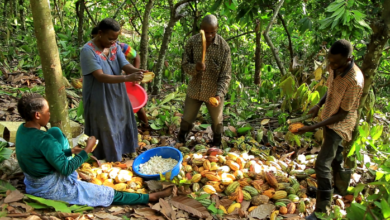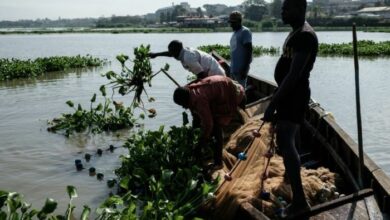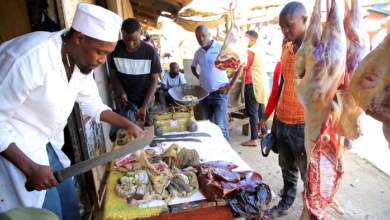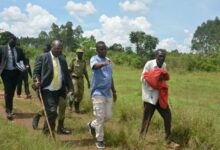Boosting tourism: Ministry to support wildlife research

KASESE – The Ministry of Tourism, Wildlife and Antiquities has pledged to support Uganda Wildlife Research and Training Institute [UWRTI] to promote tourism in the Rwenzori Sub-region.
The institute which is located in Katwe-Kabatooro in Kasese district provides research, training, and consultancy services in the wildlife sector.
The State Minister for Tourism, Martin Mugarra Bahinduka said the development of the tourism sector and conservation of nature can only happen if there is a commitment to research.
Mugarra said with funding from World Bank, government is set to construct a Shs 17 billion research lab at UWRTI to enhance its capacity to conduct wildlife-related research, such as finding a lasting solution to human-wildlife conflicts.
The facility, according to Mugarra, will focus on applied research, and not on academics only as per the government policy.
“Researchers will help government to make policies on their findings that could help improve wildlife and tourism in Uganda. Through research, human-wildlife conflicts and invasive species which have been a big problem in Queen Elizabeth National Park among others will be addressed,” Mugarra said.
He was speaking during the first ever annual Wildlife Research Symposium which was held last week at UWRTI.
He said many people have conducted vital research for academic purposes but they have never shared their findings with the government or any other agencies, saying this is unfortunate.
“One of the reasons why we established UWRTI is to do research about wildlife and we thank government for the support together with partners and researchers that have been able to grow this research but also mentor others to come and participate,” Mugarra said.
He called upon all Ugandans who can manage research to enroll at the institute and grow their knowledge so that they can apply it and resolve issues.
UWRTI is the only middle-level institution that provides professional and technical training in Wildlife and Tourism Management.
It also offers tailor-made courses in conservation and sustainable development of wildlife and natural resource management.
Queen Elizabeth National Park and other national parks in the country are battling a number of invasive species that are threatening wildlife habitats.
The Auditor General’s report of 2021 established that 11 invasive and exotic plant species are threatening conservation efforts team in Queen Elizabeth, Lake Mburo National Park , Murchison Falls, and Kidepo Valley National Parks.
Some researchers in the country and UWRTI are conducting research on how to control invasive plant species which include Dichrostachys cinerea, Lantana Camara, and Parthenium hysterophorus in order to stem the reducing populations of grazer wildlife like hippos, buffalos, zebras, topis, and Uganda Kobs.
“The current progress in the environmental sector is heavily dependent on the application of research and new innovations,” Mugarra noted.
The Kasese district LCV chairperson, Erifaz Muhindi appealed to institutions of higher learning to encourage students not only do research for academia but also share the findings with the local government at planning level.
“I believe that at the end of every research, a researcher gives recommendations that can help in solving issues at hand,” Muhindi said.
The principal UWRTI, Robert Baluku said the symposium which will be held annually is aiming at bringing together different researchers to share what they have been doing.
Pro. John Kasenene, the vice-chancellor of Mountains of the Moon University, but also a researcher, said, “It is important for the government, companies, and organisations to consider research findings and recommendations in decision-making.”
He urged higher institutions of learning, including learners to engage in research and innovations urging that it helps in the socio-economic transformation.
https://thecooperator.news/nyamwamba-floods-threaten-kasese-residents-again/
Buy your copy of thecooperator magazine from one of our country-wide vending points or an e-copy on emag.thecooperator.news







